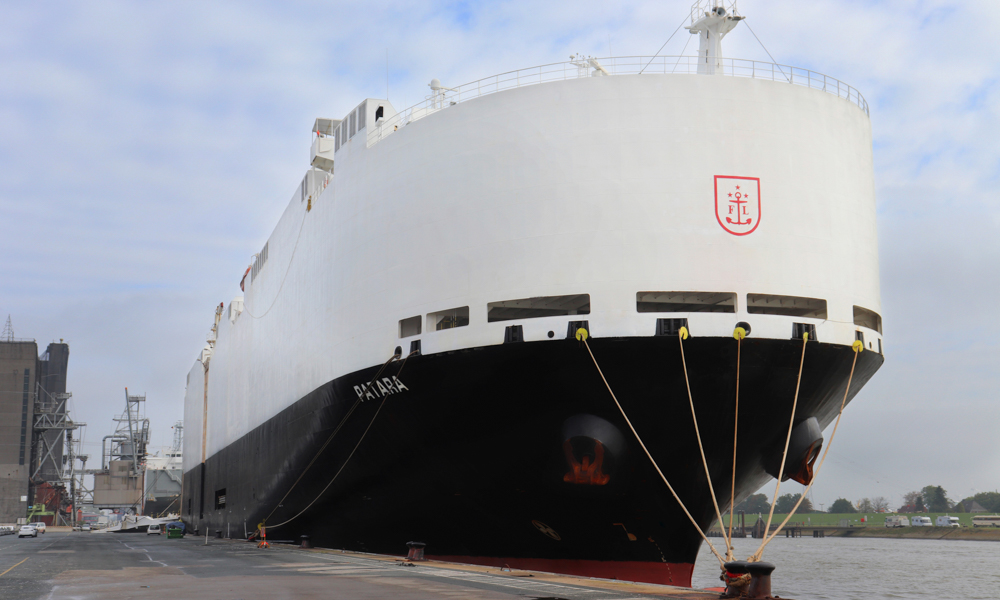
The idea of transforming cooking oil into vehicle fuel isn’t all that new. In fact, some people have successfully modified diesel cars to reliably run on grease from fast-food joints. Volkswagen has taken this interesting approach to biofuel and put it to good use on a literally massive scale.
That’s because the roll-on/roll-off vessels that transport the German automaker’s cars are going to be running on used cooking oil. This ingenious way of repurposing what is essentially waste material is said to lower carbon-dioxide emissions by as much as 85%, with sulfur oxide discharge being almost completely eliminated.
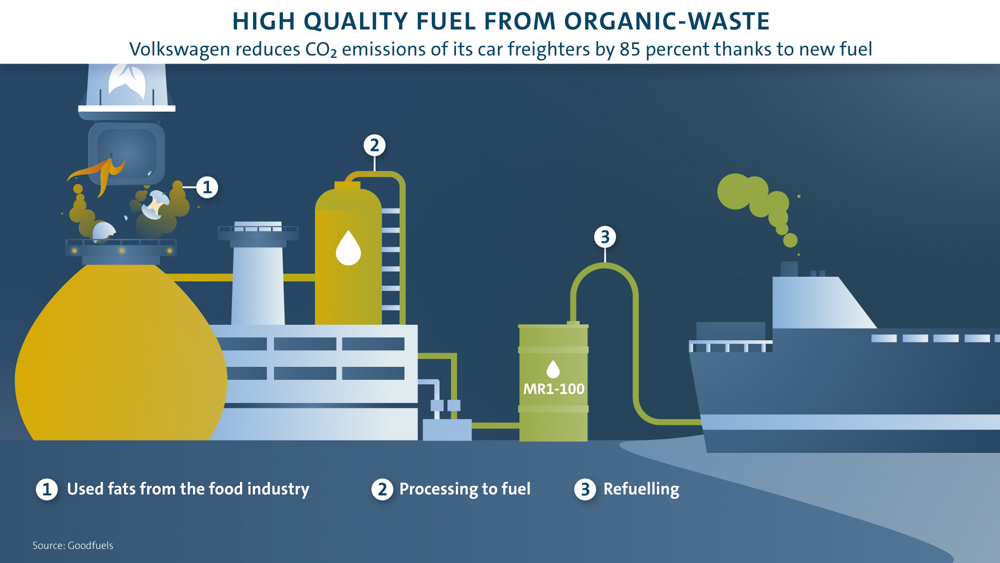
The raw material from which this eco-friendly marine juice is derived comes from restaurants and other food-related industries. One ship is already running on this biofuel, with another due to be filled up with the same sometime in 2021. Volkswagen’s confidence in the reliability of such technology is reassuring, as each RORO vessel requires around 18,700hp from its MAN marine diesel heart to carry up to 3,500 vehicles in its multitude of decks.
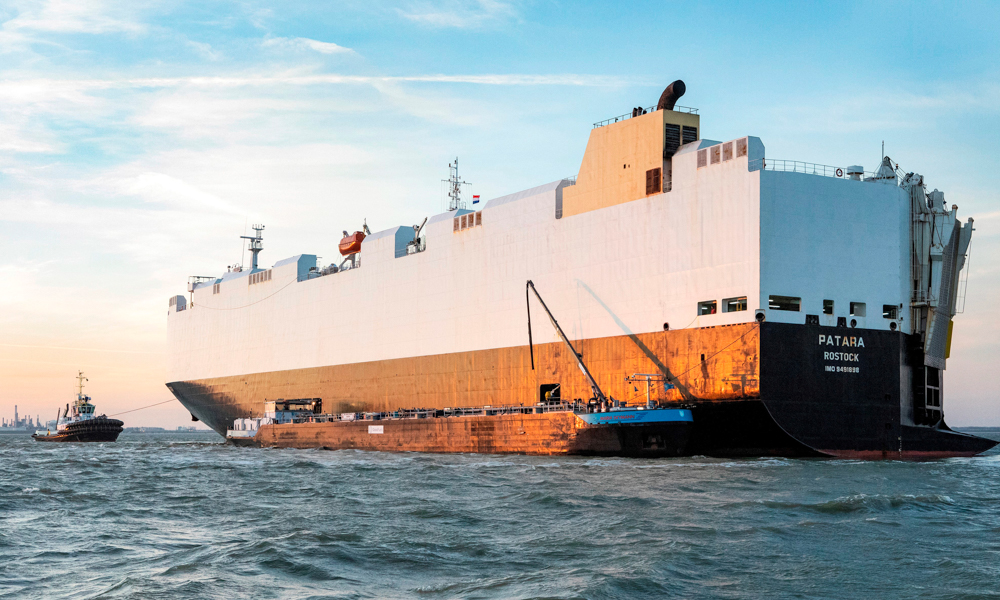
While these grease-fed ships are confined to trips within Europe, Volkswagen is considering other eco-friendly options for transporters that make longer voyages to other continents. Liquefied natural gas is being looked at to fuel these intercontinental vehicle freighters.

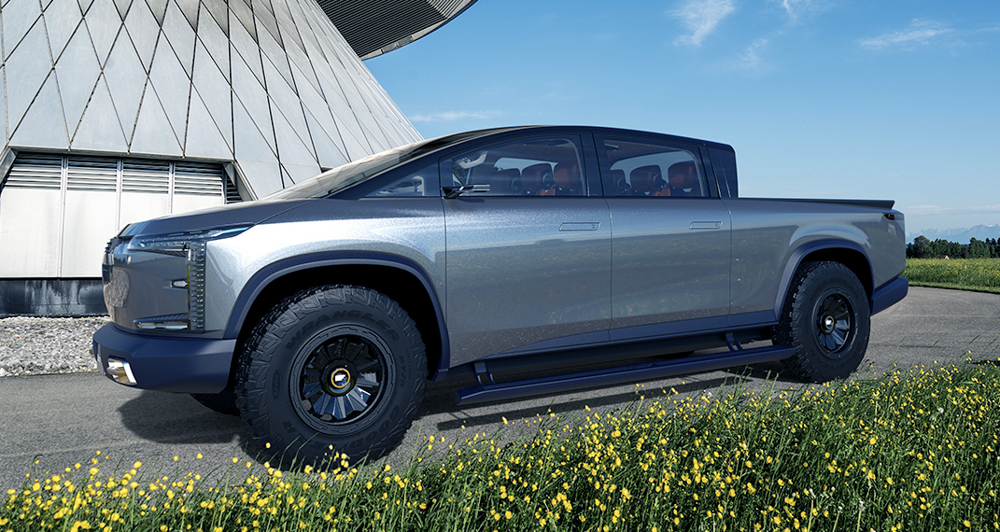
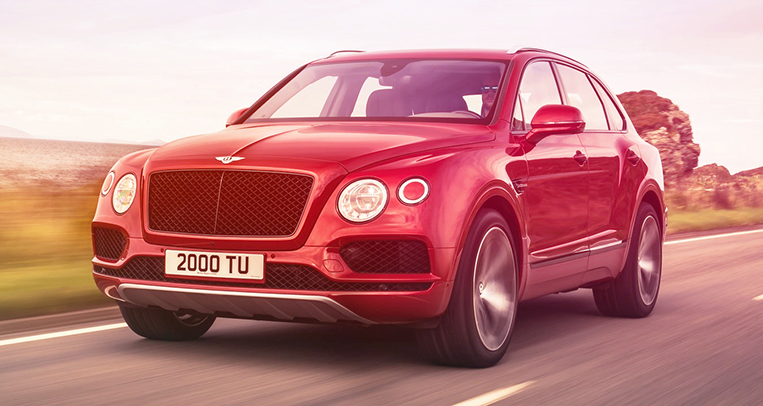
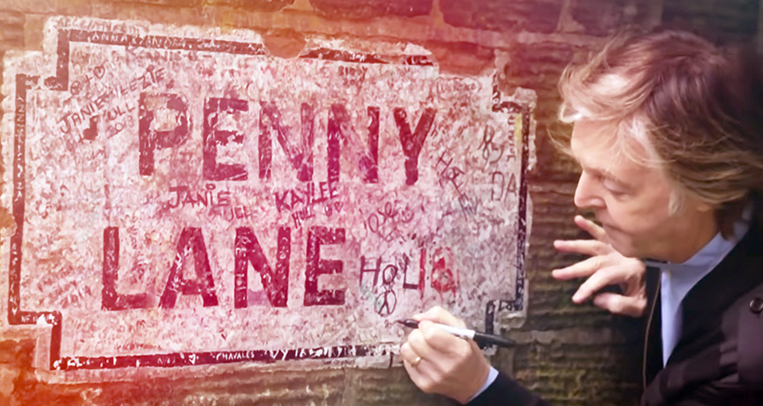

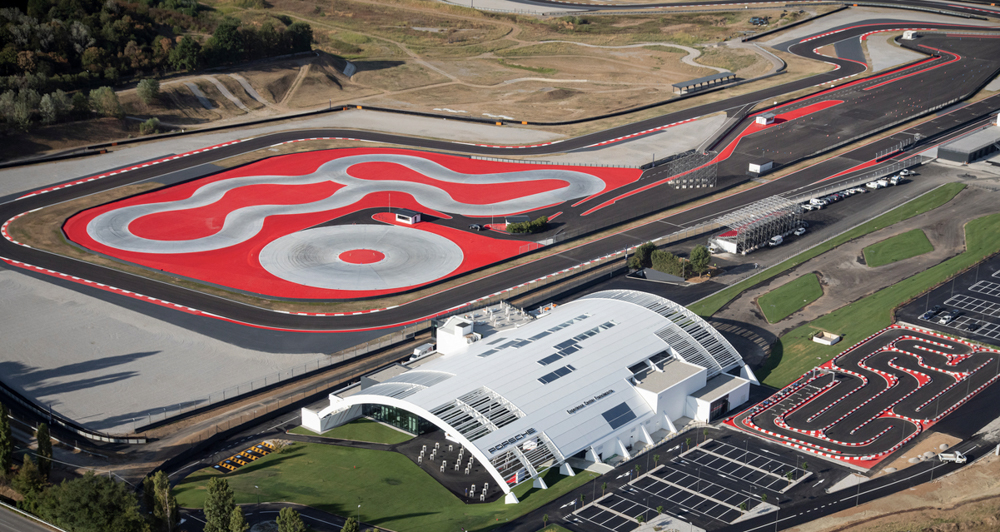



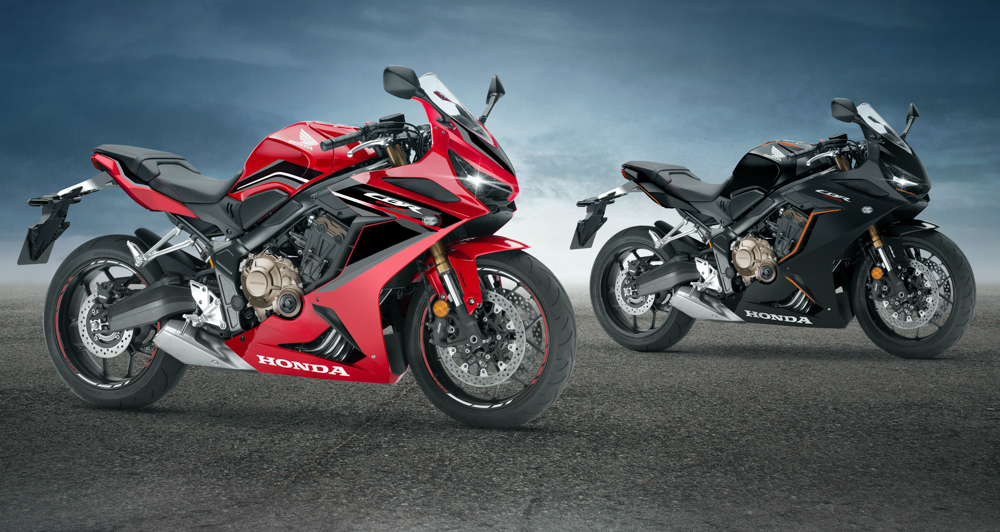
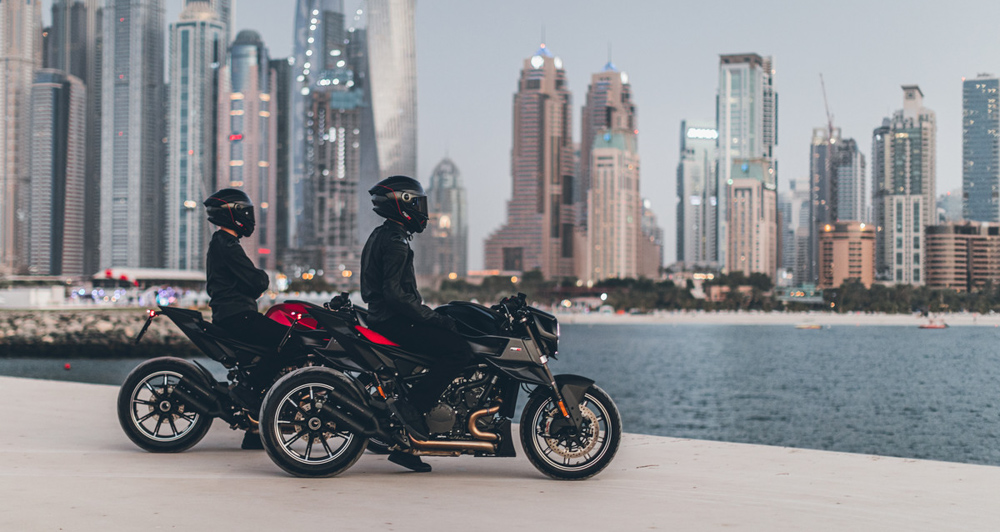
Comments